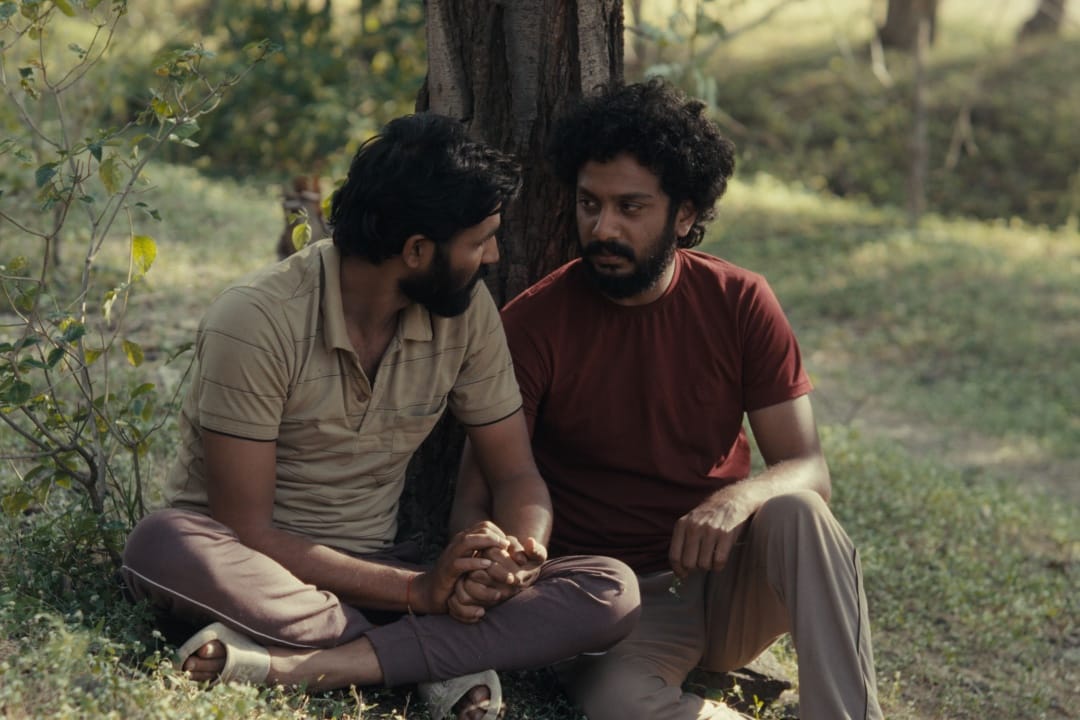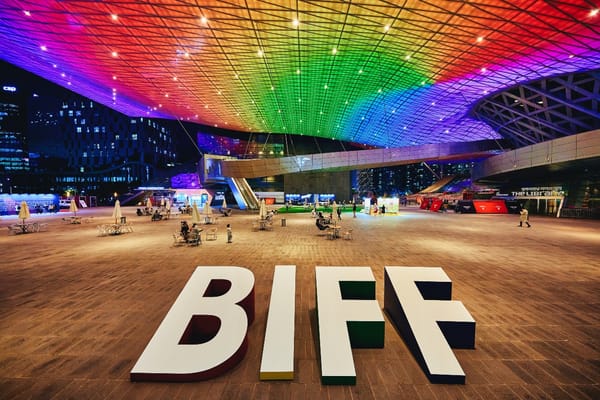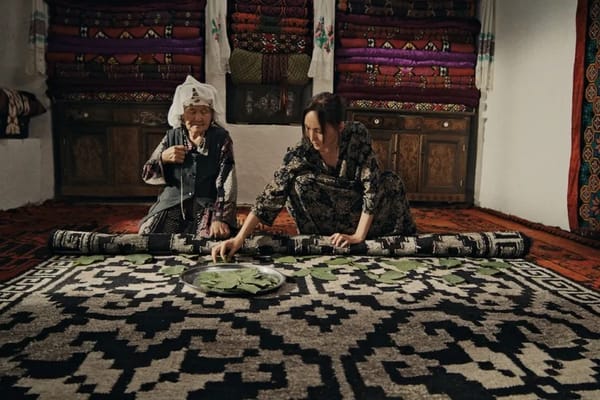Sundance & Rotterdam; Lunar New Year Box Office In China, Korea & Vietnam

Before we dig into recent events, I just want to explain that Streamlined is changing its format this year to get back to its roots – which is to make your life easier by summarising all the major news in the content industries of Asia, Africa and the Middle East. Over the past few years, Streamlined has drifted into long-form essays, which have their place, but I’m constantly hearing how nobody has time to read everything.
Going forward, Streamlined’s free editions will revert to a more regular publishing schedule, delivered twice a month (sometimes weekly in busy news periods), with summaries and some analysis of the major stories impacting this industry. I will attempt to keep these newsletters short. Streamlined’s paid editions, the Streamlined Guides, are also being overhauled, but more on that later.
In this edition, we’re looking at the Sundance and Rotterdam film festivals, both strong supporters of world cinema, as well as the recent Lunar New Year holidays, a peak box office period in China, South Korea and Vietnam.
SUNDANCE & ROTTERDAM
There is so much chaos happening in the world, especially since Trump took office and started overwhelming world media with insane proclamations, that the major winter film festivals, Sundance and Rotterdam, may not be getting the full attention they deserve. But they continue to serve as important platforms for launching Asian, African and Middle Eastern films, along with the upcoming Berlin film festival, which has an especially strong track record with African cinema.
Sundance, like most festivals since the pandemic, is undergoing a transformative period as it figures out issues such as location and venues, as well as how to develop its industry functions at a time when independent cinema and the traditional sales business are either dying or being transformed (depending on how optimistic you’re feeling).
The edition that recently wrapped (January 23-February 2) was the next to last in Park City before moving to a new location, rumoured to be either Cincinnati, Boulder or Salt Lake City. On-site deal-making was slow with just a few big acquisitions, including Neon taking worldwide rights to Michael Shanks’ body horror Together; Netflix buying social drama Train Dreams, starring Joel Edgerton and Felicity Jones; and A24 closing an $8m deal on Eva Victor’s debut Sorry, Baby.
The standouts for world cinema included Marathi-language drama Sabar Bonda (Cactus Pears) [PICTURED ABOVE], the feature debut of self-made filmmaker Rohan Parashuram Kanawade, which won the World Cinema Grand Jury Prize: Dramatic. The film examines queer life among the lower castes of India through the story of a 30-something city dweller who bonds with a local farmer when he returns to his rural home to mourn his father.
Rotterdam is still on-going, so more on that in the next free edition of Streamlined (Feb 21) but as usual the festival has a huge line-up of Asian cinema, including 68 features and 24 short and mid-length films. A special section, Focus: Through Cinema We Shall Rise!, is marking the 70th anniversary of a historic Afro-Asian Conference, held in Bandung, Indonesia, where 29 countries discussed economic and political unity and gave birth to the concept of the Global South.
Classic films in this section include stories about Asia’s struggles against colonialism, such as Bachtiar Siagian’s Turang (Indonesia, 1958) and Loc Mai’s A Phu And His Wife (Vietnam, 1960), as well as two docs on post-colonial Africa, Law Of Baseness (1962) and Freedom For Ghana (1957). I’m currently reading a lot about that transitional period of Asian and African history from the 1950s onwards and wish I was there to check these films out. More on Rotterdam in the next Streamlined…
LNY BOX OFFICE IN CHINA & HONG KONG
China’s box office hit a record high of more than $1.3bn (RMB9.51bn) over the eight-day Lunar New Year holiday (January 28-February 4), by far the biggest box office period in this market, during which six new local titles were released, all sequels or based on well-known IP.
Enlight Pictures’ animation Ne Zha 2 was the clear winner, grossing $858m (RMB6.25bn) at the time of writing, overtaking The Battle At Lake Changjin to become the highest-grossing film of all time in China. Based on Chinese mythology, the sequel appealed to all age ranges, including the 30-39 years demographic that has retreated from cinemas, as well as young families...
To read the rest of this article, subscribe to the ‘Streamlined’ newsletter: STREAMLINED




